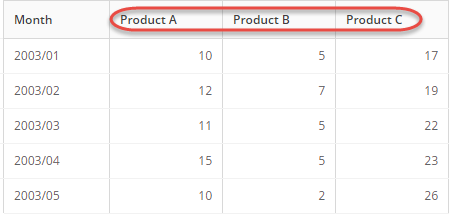We can do Transformation in domo using below available tools:
- SQL
- Magic ETL
- Blend
SQL Transformation:
In SQL Transformation we can write SQL query to operation on data like join, filter or other sql operations.
Kindly visit below link to learn more about SQL:
Magic ETL:
In the Magic ETL Transformation can do below transformation.
- Text:
- Utility
- Date and Number
- Filter
- Combine Data
- Aggregate Data
- Pivot
Text: In the text transformation, we can do transformation on text data like combine column, replace text, split column, text formatting (upper case, lower case) and string operation like substring, trim etc.
** Searches and replaces using Java regular expressions.
Utility we can add select required column, drop column, add constraint, add formula, and alter column.
Filter: Using filter transformation, we can apply filter on data as well as can remove duplicate.
Combine Data: We do combine transformation like join two data source or merge two data source.
Aggregate: In Aggregate, group by and window function transformation is available, so using this transformation we can aggregate data based on group.
Pivot: In pivot, there are two transformation Pivot and unpivot.
pivot means, de-normalize the data transforming single column with multiple rows into multiple column in single row.
Unpivot, normalize the data, transforming multiple column with single row into single column in multiple rows.
Dynamic Unpivot: it is similar as unpivot. it can be used in situation, where the number of column could be potentially changed. As we add the column, dynamic pivot tile will automatically unpivot them.
the Dynamic Unpivot tile converts data in this pivoted format.
The Dynamic Unpivot tile converts data in this pivoted format...
to data in this format on the initial run..
and then like this after the new column was added..
using this configuration:
Blending:
It is similar as combine transformation, it is recommended to use when we have large volume of data like more than 100 Million.










